Latest Stories
Latest News
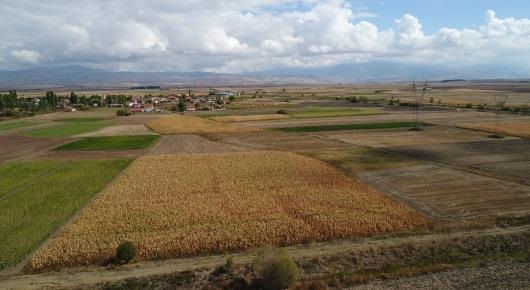
FAO and the Republic of North Macedonia sign three-year cooperation agreement
11/07/2018
11 July 2018, Skopje – Increased competitiveness of the agricultural sector, enhanced rural livelihood through sustainable rural development, and sustainable management of natural resources are the main priority areas of the three-year cooperation agreeme

Institutional forestry structure in Ukraine: What lies ahead?
06/07/2018
Reforming the institutional structure of Ukraine’s forestry sector has long been high on the political agenda of leaders here.
To that end, more than 80 stakeholders gathered at the National University of Life and Environmental Sciences of Ukraine in Kyi
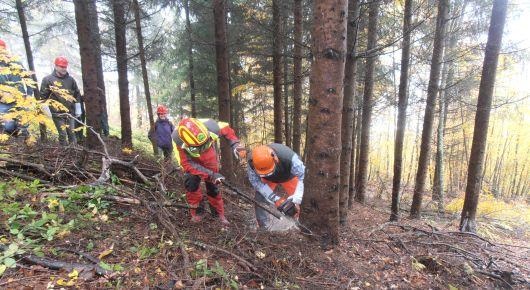
FAO offers guidelines for chainsaw safety
02/07/2018
FAO’s new publication on working safely with a chainsaw is now available in three languages to help self-employed farmers, farm workers and contractors stay out of harm's way when using the powerful tools.
The guide – available online in English, Albani
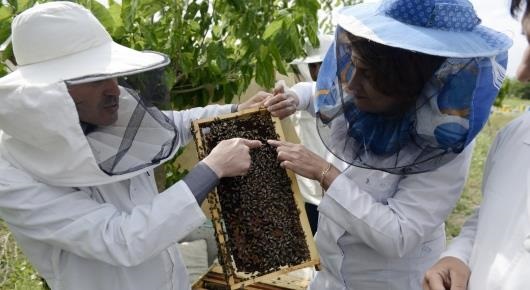
FAO supports rural beekeeping in eastern Ukraine
29/06/2018
With 1.5 percent of the local population in Ukraine engaged in beekeeping, the country is the top player in Europe for honey production.
Contributing to that production has been the practice of honey hunting, or the plundering of wild honeybee nests to o
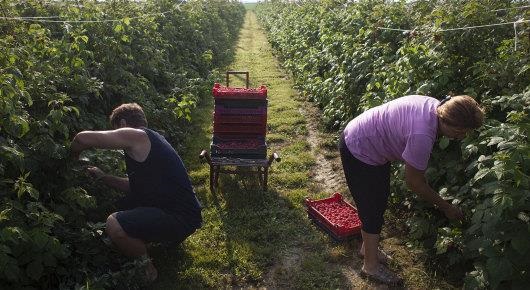
EBRD and FAO aim to boost Serbian cooperatives through training
28/06/2018
The European Bank for Reconstruction and Development (EBRD) and FAO, with funding from Luxembourg, have been working with the Serbian Government and the Serbian Union of Cooperatives to promote the development of cooperative organizations across the count
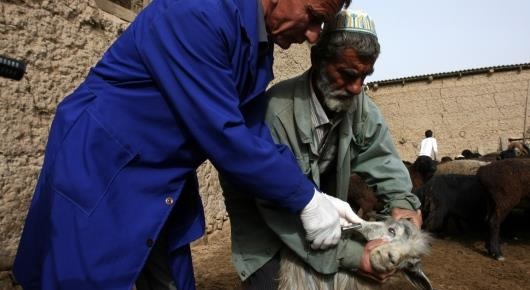
FAO hosts meeting to strengthen collaboration on transboundary animal diseases
27/06/2018
In parts of Asia, where animal transport often happens quickly through unregulated and remote border areas, animal diseases are especially difficult to control.
Because of this, and because livestock play a major role in economic growth in the region, it

Montenegrin meat producers slicing into wider market
26/06/2018
Some 5 000 northern Montenegrin farmers still make the traditional dried beef Crnogorska Goveđa pršuta, which, along with the Montenegrin dried and smoked sheep meat Crnogorska Stelja, is poised to receive geographical indication (GI) status, an origin-ba
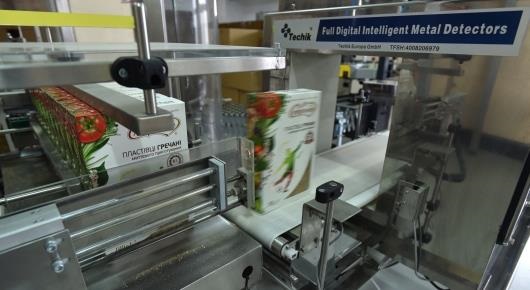
Packaging offers hope for global food loss and waste problem
25/06/2018
Convenient portion sizes, uniformity in “use by” and “best before” dates, and new packaging technologies that prolong shelf life are just some of the ways in which food packaging is helping reduce food losses in high-income countries. But what about low-
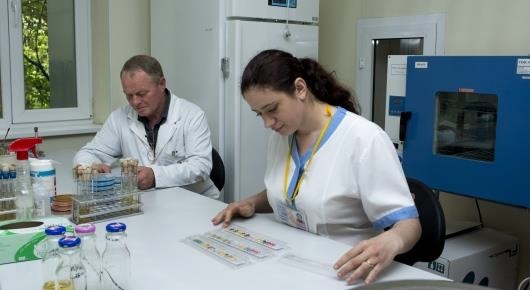
Food safety risks have the attention of Moldovan authorities
22/06/2018
A team of experts from the National Sanitary Veterinary and Food Safety Authority of Romania (NSVFSA) participated this week in the first workshop of a series of activities aimed at strengthening the national capacities of the Republic of Moldova in asses

Over 2.5 million hectares committed to the Bonn Challenge by the Caucasus and Central Asia
22/06/2018
Over 2.5 million hectare of forest landscape will be restored by countries in the Caucasus and Central Asia under the Bonn Challenge by 2030. The commitment was made by Armenia, Georgia, Kazakhstan, Kyrgyzstan, Tajikistan and Uzbekistan at the first Minis


